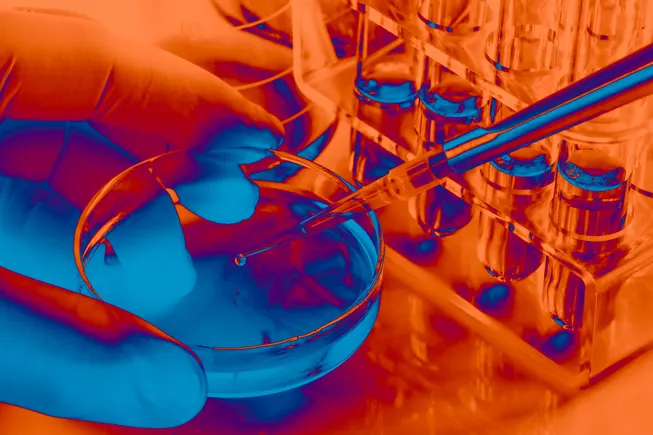Paragon’s hub-and-spoke biotech model yields another reverse merger


Dive Brief:
- A third biotechnology company from the startup creator Paragon Therapeutics is heading to the public markets.
- Paragon’s Oruka Therapeutics, which is developing biologic drugs for chronic skin diseases, announced Wednesday plans to reverse merge with Colorado-based Arca Biopharma. The resulting company will operate under the Oruka name and advance the biotech’s slate of preclinical medicines, two of which are being tested as potential treatments for psoriasis.
- To support the new company, Oruka has secured $275 million from a private investment in its common stock. Fairmount and Venrock Healthcare Capital Partners led the funding, which also saw participation from more than a dozen other backers of life sciences companies. Combined with Arca’s own cash, the new company expects to have enough funds to run through at least 2027.
Dive Insight:
Once a novelty, “hub-and-spoke” models have gained popularity among producers of biotech startups. Roivant Sciences, BridgeBio Pharma, PureTech Health and Star Therapeutics, among others, operate by discovering or acquiring promising drug programs, then spinning them out into individual startups that are kept at arm’s reach.
The model is designed to have two main advantages. First, the drug programs get the undivided attention and resources of a startup, which hopefully portends to greater odds of success in development. Second, the parent company remains tethered to its offshoots, which can mean larger returns if the biotechs go public or get acquired.
For Paragon, the last year has been fruitful. One of its companies, Apogee Therapeutics, raised $300 million by conducting an initial public offering just seven months after its launch. The IPO was the largest in nearly three years for a biotech that didn’t yet have any drugs in human testing, according to BioPharma Dive data. Since Apogee debuted on the Nasdaq last July, its share price has more than tripled.
Another Paragaon spinout, Spyre, went public in December through a reverse merger with Aeglea BioTherapeutics. Much like Oruka, Spyre announced alongside the merger a private placement. That investment was also led by Fairmount and raised about $210 million in total.
Oruka expects that, following its merger, the new company will have enough money to push its two most advanced drugs through “proof-of-concept” testing. Both programs are expected to enter clinical trials in 2025.
The boards of directors at Oruka and Arca have approved the merger agreement, which is slated to close sometime between July and September. Oruka’s current CEO, Lawrence Klein, will lead the new company and serve on a revised board that includes Peter Harwin, a managing member at Fairmount; Cameron Turtle, the CEO of Spyre; Carl Dambkowski, the chief medical officer at Apogee; and Samarth Kulkarni, the top executive and chairman of CRISPR Therapeutics,
This post has been syndicated from a third-party source. View the original article here.




